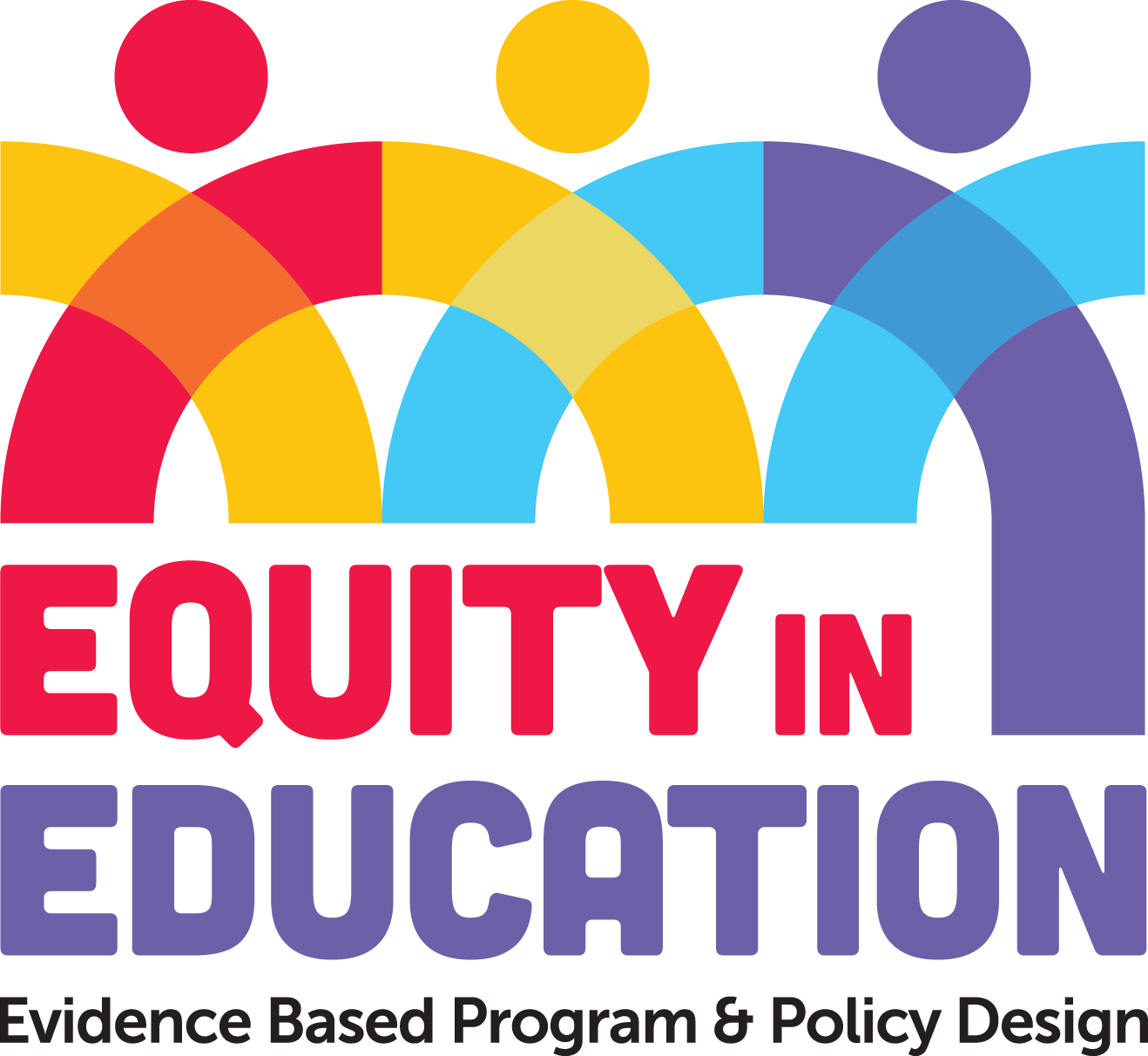Does the apple fall far from the tree?
Research conducted over the past two decades has revealed that parental education is an important determinant of PSE attainment. Students who come from a family where neither parent completed PSE are far less likely to pursue PSE themselves.
We believe a new approach is needed to better serve first-generation students. Our analysis suggests that a first step to achieving equity of access would be to get underrepresented students to complete high school. Once in the PSE system, they fare well. We believe that government resources would be better spent and far more effective if targeted to supporting prospective first-generation students in the K-12 sector, and to influencing their educational aspirations and decisions made long before they arrive at the postsecondary doorstep.
Our findings reveal that a notable gap still exists in the PSE completion rate between first-generation students and their counterparts. Even among younger cohorts, a significant gap — more than 20 percentage points — exists and is essentially the same as that among older age cohorts. The situation appears to be particularly worrisome for young men. Our analysis indicates that parental education carries more weight in determining postsecondary attainment than other factors including family income.
While the province’s policies have resulted in overall enrolment growth, they have done little to close the PSE attainment gap between first-generation students and their peers, despite a generous financial aid system and the provision of targeted funding for institutions to recruit and support these students.


